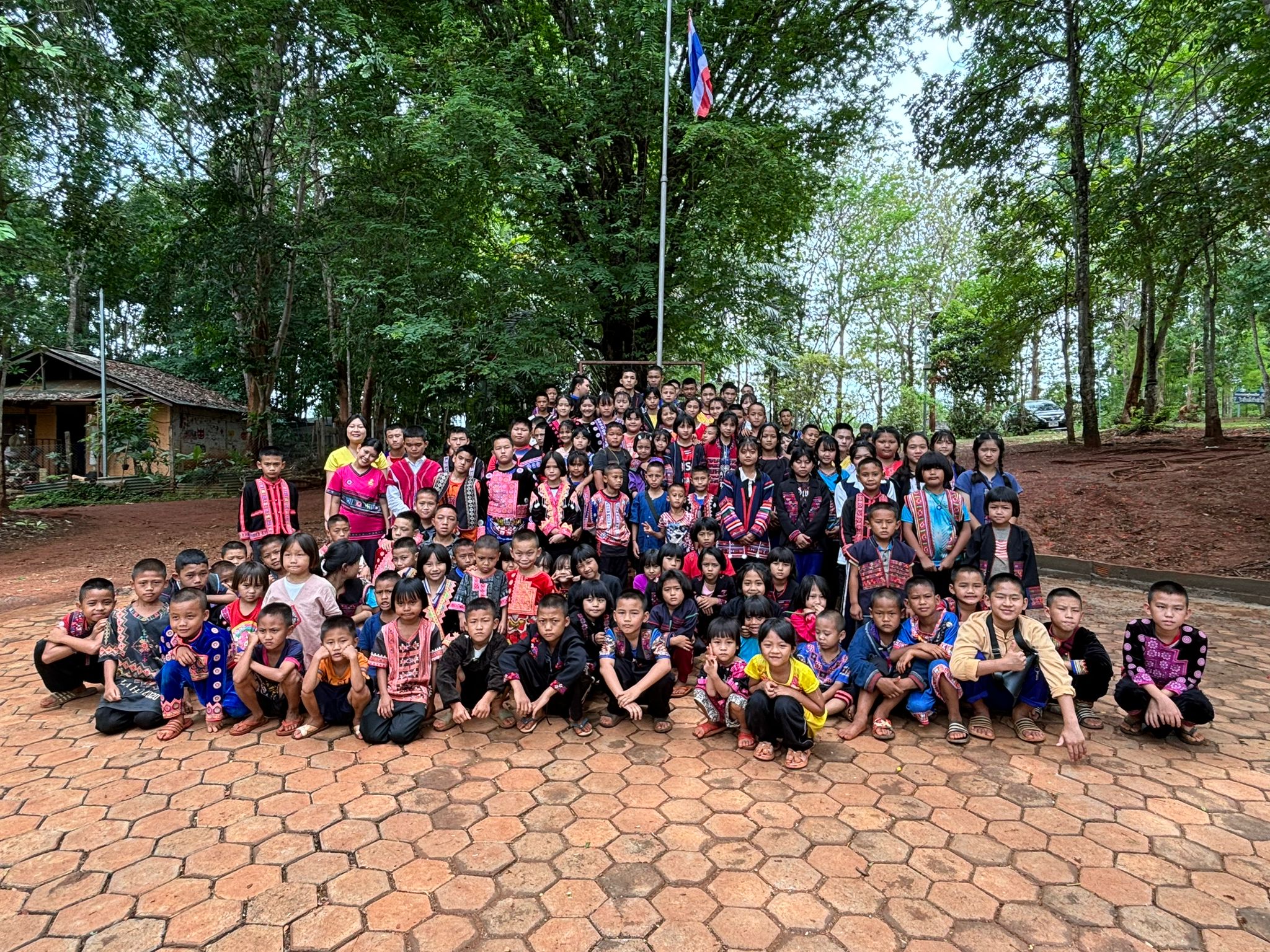Living and Learning in the School for Life Chiang Mai

The School for Life in Chiang Mai/Thailand, founded in 2003, supports children from extremely difficult, risky and poor backgrounds. While AIDS orphans formed the majority in the beginning, now it is mainly children of discriminated ethnic minorities, the Akha, Lisu, Lahu, Hmong, Karen and Thaiyai. And they are children who have been forced into child labour, who have lived on the streets, who have been abused, who have been exposed to the risk of child trafficking or to situations of violence. The concept developed by Prof. em. Dr. Jürgen Zimmer was rated by UNESCO as “much needed world class innovative effort in the field of education” and as “new standard of educational excellence for the world community of the 21st century”. Innovative concepts cannot be implemented in a linear way or continuously. The development of the School for Life is an eventful history of approaches to a concrete pedagogical utopia: “The best for the poorest”.
In order to compensate for the unequal starting positions of disadvantaged children it is not enough to put them into a children’s home and to send them to a regular school. This project, which aims to provide first class education, purposely intends to re-invent school, a school in which modern learning and knowledge management can more easily unfold than would be possible within the limited boundaries of a regular standard school. The Thai Ministry of Education is interested in this development and hopes to set free stimuli for other schools in Thailand.
The intent of getting away from an orientation around school subjects and referencing the school curriculum more towards key problems and key situations does not mean giving up academic knowledge as useless. It means focusing knowledge from various subjects on real-life problems and applying the knowledge to solutions to the problems. A convenient place for this is a small Centre of Excellence, a space where reflecting and acting can be combined, a laboratory for in-depth, practical studies. These blocks should reflect important local and regional themes.
Curriculum development within the project means examining the state curriculum for its use in such Centres of Excellence, and for how it could be put into a meaningful context. The state’s curriculum is not questioned, it is merely organised differently and expanded upon based on experience.

